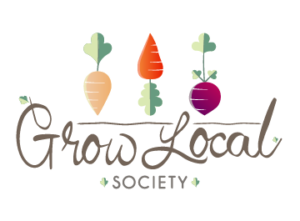December 1 – Week 5: This week our POP kids will be participating in the mystery box challenge! They will try and figure out which vegetable is hidden inside by only using their hands. Then they will go out into the market and find out which vendor sells the mystery vegetable!
2-Bite Club: Beets
Discover the Power of Produce and join the POP Club this Sunday!
Yesterday kids did a worksheet on financial literacy where they went out into the market and learnt how much the produce they love costs and how many of their tokens they need to make purchases. If you haven’t yet registered, come down to the POP tent this Sunday and join the club! We’ll be doing fun activities for the kids every week 🙂
So, how does the POP Club work?
Well, the POP Club is a farmers market-based kids program. Each week children (ages 5-12 years old) will participate in fun and educational activities that will teach them about fruits and vegetables, local food systems and healthy food preparation. After that, they will be trying the 2-Bite of the week which will be a fruit or vegetable that’s in season and can be found at the market. As they try the 2-Bite we will share with them interesting facts about what they are eating. Once they finish the activity and try the 2-Bite, children receive a $3 market token that can be used towards any fruit or vegetable of their choice. They can either use their token right then or save them for bigger purchases. This teaches kids how to make healthier food choices and how to manage their money.
There is no cost to participate and the program runs every Sunday rain or shine!
Hope to see you this Sunday!

 What is your inspiration to create your products? How did that passion turn into a business?
What is your inspiration to create your products? How did that passion turn into a business?